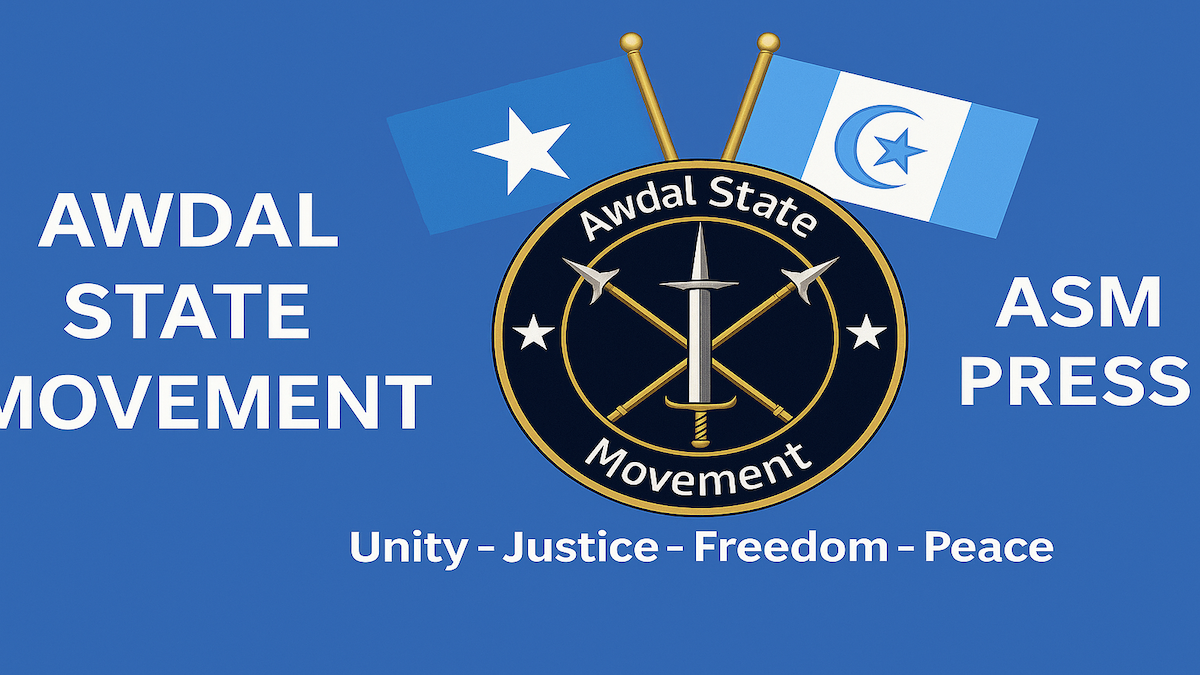
Around the year 1972-73, I witnessed President Siad Barre, who one morning gathered a group of scholars, men whose hair and beards had turned white from years of knowledge, to seek their input, particularly on how to provide advice for the settlement planning of the nomadic pastoralists.
President Mohamed Siad Barre, at his headquarters in the Afisiyone Camp and the conference hall, where he was leading the plan, spent over an hour explaining to these scholars the challenges facing the nomadic people due to their frequent migrations. He stated: “70% of the Somali population are nomadic pastoralists, and as such, it has become necessary to reorganize their settlement in order to achieve development.” He added: “The settlement of pastoralists is a policy that has been planned with hopes of achieving success, and the aim is to create a balance between those living in rural areas, cities, farms, and coastal areas, so they can all contribute to economic growth.”
After giving his introductory speech, President Siad requested the scholars to think about this program and provide their insights, giving them a month to come up with their recommendations and align action with thought.
Now, here is the follow-up… After spending a month conducting research, the scholars met with Siad Barre again. Welcoming them, the scholars presented their thoughts on the settlement of the nomads, handing him a written document. Their argument and research centered on the belief that the overall problem in Somalia stemmed from the camel – “The Camel is a Source of Conflict.” They argued: “The nature of the camel has a significant impact on settlement, behavior, and human peace. Those who raise camels or consume camel meat adopt the temperament of camels. For instance, if a camel is displeased, it becomes easily angered and can be dangerous enough to kill. It does not recognize defeat and will not stop until it dies, which is similar to the Somali people, who, wherever they are, share these camel-like traits. Therefore, as long as Somalis are raising camels, there will never be peace or development, only conflict and warfare.”
One of the scholars then stood up with enthusiasm and said: “Mr. President, every group of herders takes on the behavior of their livestock. For example,” he said, “people who raise or eat pork become shameless and lack morals, to the extent that they do not even shy away from committing incest. Likewise, people who raise or eat monkey meat behave like monkeys, constantly jumping around and dancing. On the other hand, those who raise horses are known for their strength, endurance, and power. Therefore, Mr. President, we should kill all the camels to prevent the nation from being driven into further conflict, as their elimination would be in the best interests of the Somali people, leading to peace and development.”
As the meeting came to a close, President Siad Barre, who was known for his eloquence and authoritative speech, took the floor again. He said: “The camel is one of the animals highly cherished by Somalis, and it is distinct from other livestock in terms of the benefits it provides – from its milk, meat, transport, and other advantages. Traditionally, the camel holds a unique status in Somali society, where livestock forms the backbone of the economy and life itself. Both intellectually and culturally, it would be nearly impossible to eradicate the camel from the lives of Somalis; such a notion is out of touch with reality. However, as a ‘revolution,’ we are determined, we will not give up, and we will not turn back. Thank you, the meeting is adjourned.”
The scholars left the room, but Siad Barre, still seated in the reception hall, handed me the report they had prepared. He added a remark, saying: “It has been said that every man rises according to his intelligence, but even a doctorate requires wisdom.” He went on: “Look at what those who studied for us have come up with… The relationship between the Somali people and the camel has deep historical roots. For centuries, people have raised camels, generation after generation.”
Finally, Siad Barre concluded by saying: “What these men failed to understand is that the British colonialists once suggested wiping out all camels in Somalia to starve the people into submission and then enslave them.”








